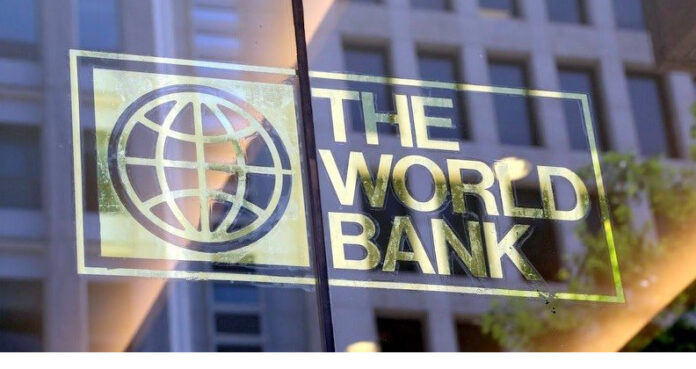The World Bank Group expects to deploy up to $160 billion over 15 months through June 2021 to support countries’ responses to COVID-19 through a series of new operations.
World Bank Group President, David Malpass disclosed this in the bank’s annual report for 2020 released at the weekend.
He said the move was in line with its restructuring of existing loans, the triggering of catastrophe drawdown options, and support for sustainable private sector solutions that promote restructuring and recovery.
He said the COVID-19 pandemic presented countries with unprecedented challenges this year, requiring them to respond quickly to major disruptions in health care, economic activity, and livelihoods.
“The World Bank Group has been at the forefront of that response, mobilizing rapidly to deliver much-needed support to countries to provide critical supplies, reduce loss of life and economic hardship, protect hard- earned development gains, and deliver on our mission of reducing poverty and boosting shared prosperity. Our goal in all these efforts is to improve conditions, both immediate and long-term, for the poorest and most vulnerable populations,” he said.
Malpass explained that at the onset of COVID-19, the Bank Group took broad, decisive action in delivering a fast-track facility to help countries respond quickly to this crisis. We expect to deploy up to $160 billion in the 15 months ending June 30, 2021, through new operations and the restructuring of existing ones to help countries address the wide range of needs arising from the pandemic. This will include over $50 billion of IDA resources on grant and highly concessional terms.
“By May, we reached the milestone of emergency health operations in 100 countries. Our initial projects focused on limiting the pandemic’s spread and boosting the capacity of health services. We helped countries access essential medical supplies and equipment through support for procurement and logistics, including negotiations with suppliers on their behalf. Many developing countries are dependent on imports for supplies, making them highly exposed to price fluctuations and trade restrictions. Through IFC and MIGA, we provided vital working capital and trade nance for the private sector in developing countries, particularly firms in core industries, and helped financial sectors continue lending to viable local businesses,” he said.
In March, the World Bank and IMF called for official bilateral creditors to suspend debt payments from IDA countries. In April, G20 leaders issued a historic agreement suspending official bilateral debt service payments from May 1 through the end of 2020 and called for comparable treatment by commercial creditors— a powerful example of international cooperation to help the poorest countries.
“Beyond immediate health concerns, the Bank Group is supporting countries as they reopen their economies, restore jobs and services, and pave the pathway to a sustainable recovery. Many of our client countries have enhanced their transparency and attractiveness to new investment with fuller disclosure of their public sector’s financial commitments. The Bank is helping the most vulnerable countries evaluate their debt sustainability and transparency, which are both essential to good development outcomes”.
“The Bank Group is supporting countries’ efforts to scale up their social safety nets. This includes cash transfer operations through both in-person and digital options so that governments can efficiently deliver this critical support to their most vulnerable people. We are also engaging with governments to eliminate or redirect costly and environmentally harmful fuel subsidies and reduce trade barriers for food and medical supplies”.



